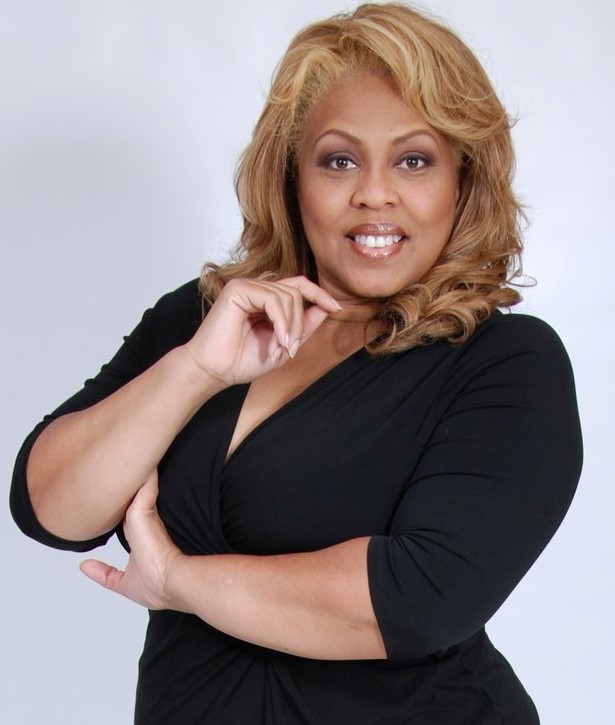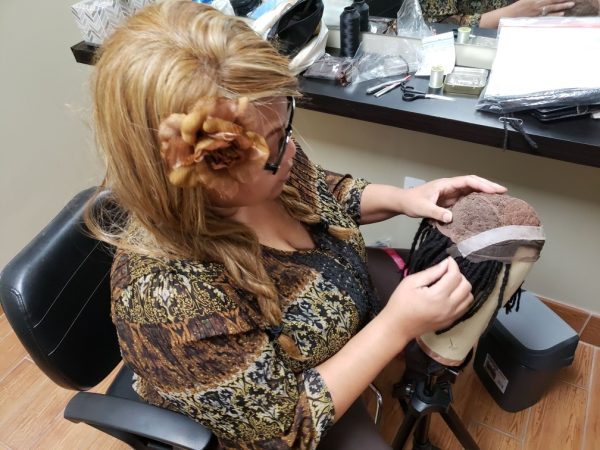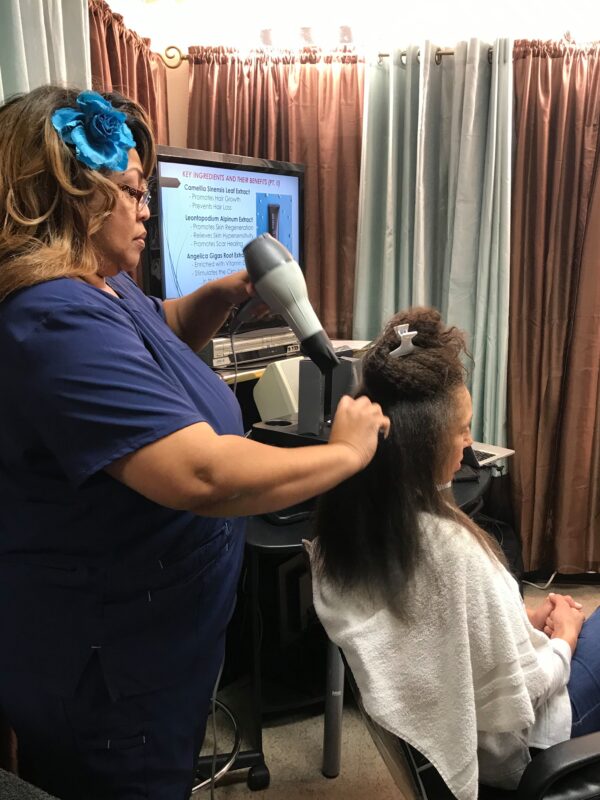
By Chida Rebecca
Across the country, barbers and hairstylists are feeling the effects of COVID-19. In the Black community, the impact is even more severe. For decades, Black-owned salons and barbershops have served as a meeting place for men and women to congregate and catch up on the latest news, gossip and overall happenings within the community.
These “meeting places” of sorts have proven to be extremely profitable for their owners. But, per executive orders from Governor Gavin Newsom, all non-essential businesses have been forced into temporary closure.
In one fell swoop, COVID-19 has caused hairstylists and barbers to go from having lucrative, bustling businesses to complete cessation. Bridget Winton, a San Diego based master hairstylist and salon owner is among the 33,570 cosmetologists in California trying to rebound from the coronavirus effects.
“I’m glad that I have a couple of options to make money,” she said. “I have a direct franchise business [offering] health, wellness and beauty products that consumers still need even if they don’t come in. For me, it’s a nice little backup. It’s not as much money as I could be making if I’m in the trenches full time, but it’s steady money.”

Winton, who’s been in the industry for over 30 years, says she learned early on the importance of creating multiple streams of income. By turning her salon into a “one-stop-shop,” she is able to meet many of her clients’ total body needs. “I’m a full-service salon…I do facials, body treatments, body contouring, skin restoration, along with scalp treatment and hair services,” she said.
When coronavirus began its rapid spread, Winton started to revisit which of her “streams” she’d focus on to maintain a flow of revenue. The services that required her to touch the skin would have to stop.
“At first when all of this happened, I was able to get a few people in and do some hair treatments, but if anybody came to me for skin rejuvenation or body treatments, I wasn’t doing them because I’m opening the pores of their skin and it was just too easy to pass on any germs,” she said.
As a unionized celebrity hairstylist in Los Angeles, Winton felt shifting her full focus to Hollywood would be a sustainable plan. Through her set work, she’d still be able to get her union and medical benefits and a steady paycheck. “But then they closed Hollywood down,” she said. Frustrated but not defeated, Winton returned to her Plan A.
Back at the salon, Winton focused on her clients and implemented stricter policies, such as minimizing client traffic, seeing about 2-3 people a day. This allowed her to do an extra measure of cleaning before and after each client. “Since I’m a private studio I only see one client at a time anyway, and a lot of my clients know that I’m regulated by the State Board and The Health Department,” which brought many of them comfort.
But as chatter grew in the industry amongst hairstylists and the closures became more prevalent, Winton knew that her turn was rapidly approaching.
The calls streamed in and appointments were being made, but with the growing severity of the pandemic, she made the decision to fully close to the public. She’s still offering very minimal services that don’t involve client contact, like wig maintenance. Clients simply drop them off at the door and she picks them up.
Though detrimental to most, Winton says the temporary closure has given her time to update her website and start a newsletter. “I’m going to be taking my business online and set it up where I can [interact] with people one at a time and use that time wisely to educate my clients,” she said.
While she’s kept up with her training and gotten extensive education to stay in business, she’s afraid that a lot of hairstylists and salon owners within the community haven’t done the same.
“I think this is going to be a good lesson for those that don’t have a savings account, don’t have disability or medical insurance, don’t have mutual funds or portfolios to fall back on and withdraw from. This is a good time to talk to people about finances and getting things in order. When I was younger, I made so much money and spent so much money but didn’t have things in order…I had to learn the hard way.”

For cosmetologists that haven’t taken the time to formally establish their businesses and are getting paid “under the table,” Winton believes that their approach will hinder them from accessing funds that could help stabilize their businesses.
“When it comes to the stimulus or SBA loans – [these types of cosmetologists] don’t have anything on paper. If they don’t have anything in place, they’re considered null and void because they don’t have a paper trail.”
Though she holds veteran status in the industry, one thing her clients can rest assured of is that she’s always looking for opportunities to grow.
When asked how she feels business will be after COVID-19, she shared, “I think it will be a good thing for the salons that had to close, because people will be ready. The clients that take their health, wellness, and beauty seriously, they will be ready to go back to the professionals.”



